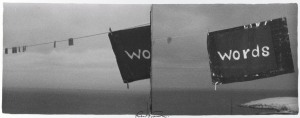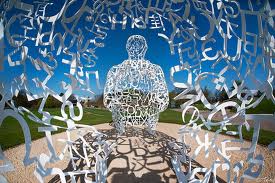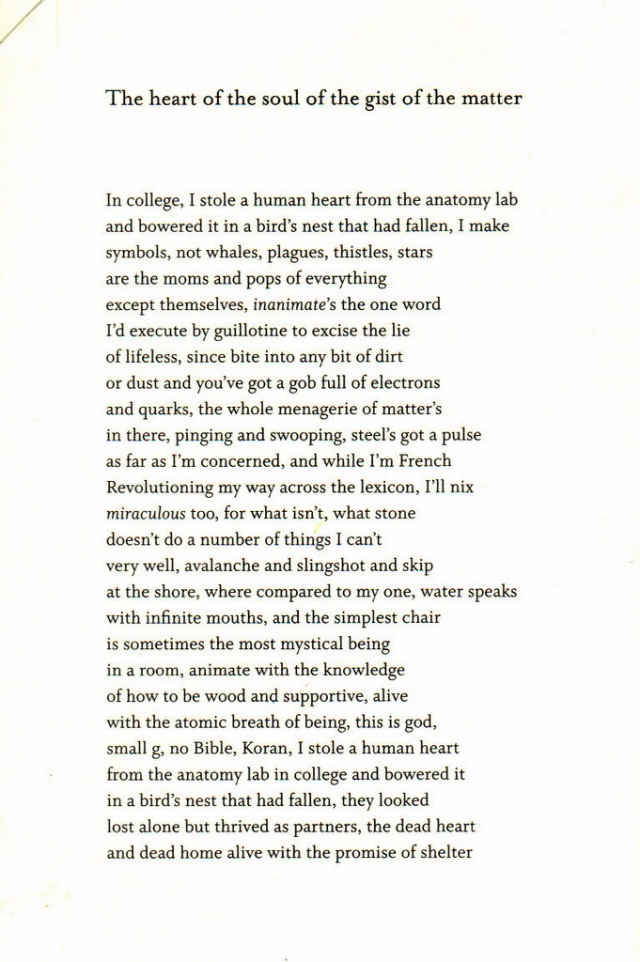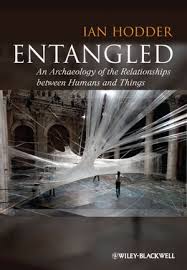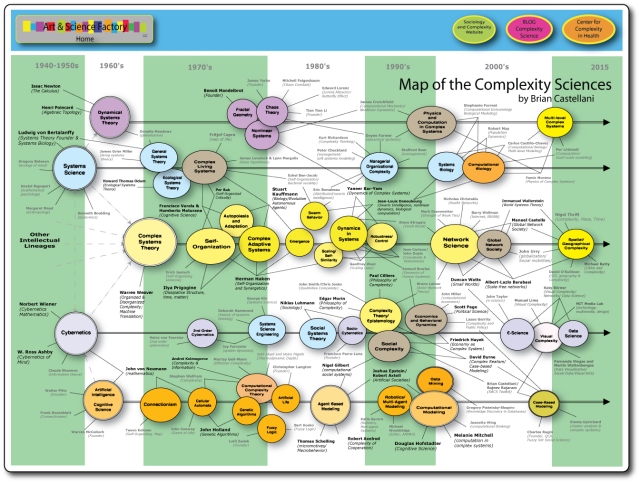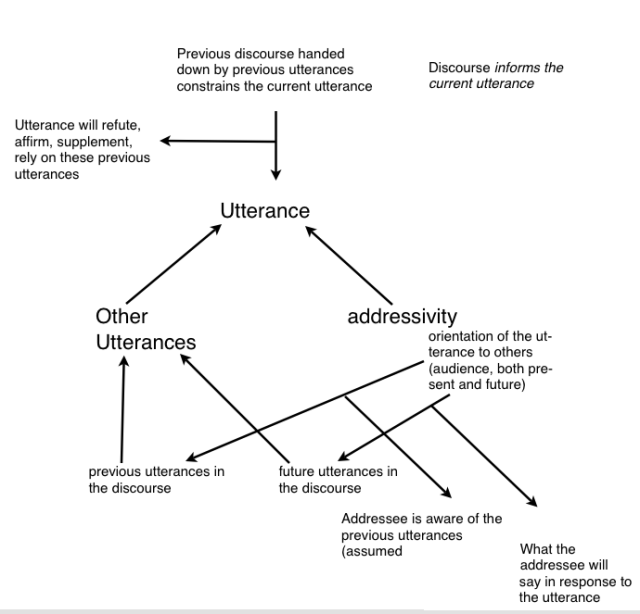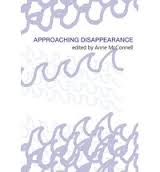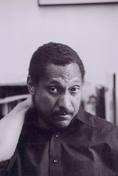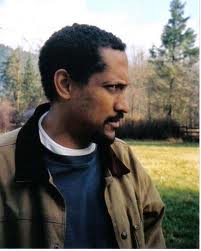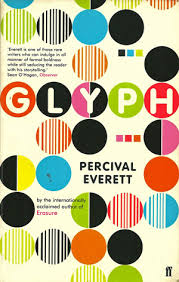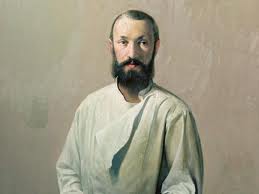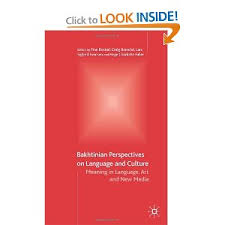A Real-ization(?)
“…And here begins my despair as a writer”
–Jorge Luis Borges, “The Aleph”
I should say, “began.” And not “as a writer,” per se, or even primarily, no, I should more accurately portray the experience “…and so began, and ever continues to begin, my despair as a human.”
For experiences, no matter where or when, in full matter of where and when, are multitude that begin such despair. They are occurrences of a process we call variously “knowing,” “comprehending,” “understanding” – encounters with unlimited and unnecessary contents we might describe as “revelatory,” “visionary,” or “true.” We describe their feeling and fumble with content.
For they seem to circumscribe an everything – as contained and opening out – well-metaphored by the scientifically religious Big Bang, an un-caused cause or some like. Experiences we couch in the babbles of mystery: synchronicity, omniscience, omnivorous, omnipotent and omnipresent. We feel them like an orb or spiral, a series of looping waves without succession.
A.k.a “convergence,” simultaneity and emergence coming together at now and here.
I write “as a human” because I cannot be anything else. And a human, as a living being, is characterized by limitations and potentials. Although kinds of things never exhaust their potentials (as far as we know) – thereby always altering what might constitute affordances and constraints lists – nevertheless, in order to be unique (or anything at all – “what –so-ever”) humans must be limited, those limitations providing the very contexts for exploring potentials and potency.
One such environment or niche is the operation of our living processes in space and through time. I.e. a simultaneous occurrence of everything cannot be processed, cannot be shared, as such. It must needs be dissected and dismembered via many spaces and over time in order to be perceived by such an animal as we – re-membered and imaged-in (imagined) according to our nature (our processes and practices in our environments).
This is why moments we might re(in)fer to as “transcendent” or “wholistic” perhaps “encapsulating” or “converging” – compressing and expanding (synonymously) some happening that seems “total” generate despair for our kind or species.
I am unable to deny what comes to experience, but with labels and descriptions (interpretation) must take care. One often turns to symbols or metaphors: icons that serve to absorb a variegated but comprehensible share of human experiences. Accrued via descriptions and depictions over time, these symbols resonate and traverse times and boundaries in order to gather experiences of a kind. Take for example the term “hunger,” or a drawing of an eye. Mirrors, or a resolving I-IV-V progression. These activities of reference and participation, renewal and recognition, present and re-present for us experiences that seem to extend or equal (again, synonymously) us.
Despair comes in the desired specificity each individual of the species wishes to convey (form of convergence – communicate meaning for our kind can be spotted by our use of the prefix co-). That experience (in itself necessarily co-), in order to have meaning(humanly speaking) must be shared – we find that telling/singing/dancing/painting/acting/writing/ filming/making/working/sculpting/creating/crafting or any combination of them all and the human-specific processes this entails are unable to re-present such “totalizing” experiences, except at certain angles, perspectives, fragments, over time.
Yet, were it otherwise, we would have no need of any of our abilities – for we would know. The relations, practices, potentials and processes depend on this inability (limitation) to be. For us to be, as humans, what and whom, where and when, we are.
Unity would undo this. In fact, we have no evidence that ANY living entity “shares alike” – reciprocates perfect understanding or replication (or reproduction, ex-ist-ing) exactly…down beyond our cells…there is difference, mis-matching, variation. In fact, all the co-operations that provide con-vergence and co-mmunity, me-and-ing (meaning) depend on the disjunctions we strive to come over or through in order to express, be understood, known, “as one.”
So, though never “of the same mind,” perspective, or feeling, even when we experience me-and-ing together (gathered) – – this is also how we are.
Perhaps then, less despair than real-ization?
